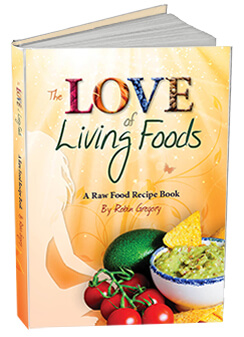Spirulina
2012

Spirulina is considered by many to be the most nutritious food on the planet, containing nearly every nutrient required by humans for health.
About – Spirulina is blue-green algae. It is a simple, one-celled microorganism that grows on the surface of fresh water lakes in warmer climates. The name “spirulina” is derived from the Latin word for “helix” or “spiral”; denoting the physical configuration of the organism. It has been harvested, dried, and eaten by people for centuries.
Nutrition – Spirulina is considered a “food of the future” because it is such a high-quality concentrated food source. Spirulina is 65% to 71 percent protein by dry weight, compare to beef’s 22 percent protein. It is considered to be a complete protein superior to protein of any other food source. As well, spirulina has high concentrations of many other nutrients: vitamins, minerals, trace minerals, phytochemicals, enzymes and is abundant in chlorophyll. Its nutrients are available in an easily assimilated form. For minerals it is rich in potassium and also contains calcium, chromium, copper, iron, magnesium, phosphorus, selenium, sodium, and zinc. Its vitamins include many of the B vitamins, including: B1 (thiamine), B2 (riboflavin), B3, B6, B9 (folic acid), and possibly B12, although the actual amount of available B12 is in dispute. It also contains vitamins C, D and E. Because of its high antioxidant content, spirulina strengthens the immune system. Spirulina is rich in vitally important natural plant sugars and essential fatty acids. Many studies have shown it to be effective in fighting allergies and that it may help fight HIV. Studies show that spirulina gives human white blood cells a stronger defense and allergy sufferers who take 2 g of spirulina daily experience a significant reduction in their symptoms. Additionally spirulina has been shown to help lower cholesterol, reduce hypertension and blood pressure.






